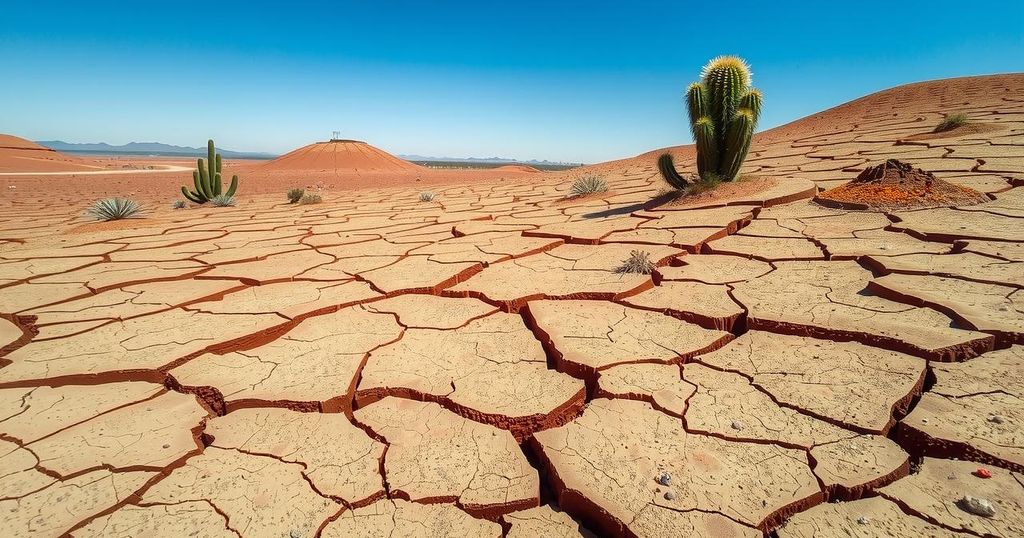U.S. Denies Water Request from Mexico Amid Agriculture Concerns

The U.S. has rejected Mexico’s water request for Tijuana due to noncompliance with a 1944 treaty, citing adverse effects on American agriculture. This decision has prompted Texas lawmakers to demand action against Mexico, amidst ongoing tensions related to immigration policies under President Trump.
The United States has declined a request from Mexico for a special water delivery aimed at Tijuana due to concerns over Mexico’s shortfalls in water-sharing obligations. This decision marks the first denial of such a request by the U.S., as articulated by the State Department, highlighting impacts on American agriculture, particularly in the Rio Grande Valley.
The U.S.-Mexico water-sharing agreement established in 1944 governs allocations from the Rio Grande and Colorado rivers, facing increasing strain from climate change and population growth. Under the treaty, Mexico is scheduled to deliver water in five-year cycles, with the current cycle ending in October 2025. However, U.S. farmers have expressed frustration over Mexico’s repeated failures to meet its obligations, especially amid ongoing drought conditions.
In Texas, where drought has resulted in severe agricultural challenges, leaders, including Senator Ted Cruz, have publicly advocated for stricter enforcement of the treaty, supporting the U.S. government’s recent water decision. They assert that the United States has adhered to its commitments and call for consequences for Mexico due to its noncompliance.
Moreover, this water conflict occurs in the context of President Trump’s stringent policies toward Latin American nations, particularly in relation to immigration. With a focus on reducing undocumented migration from Central America and Venezuela through Mexico, Trump has previously employed military presence and trade tariffs against Mexico, though some tariffs are currently postponed.
This article outlines the U.S. government’s refusal of a water request from Mexico, attributed to Mexico’s failure to meet standards established in the 1944 water-sharing treaty. The decision reflects a growing concern among U.S. lawmakers and farmers regarding agricultural distress linked to insufficient water deliveries. Furthermore, this dispute is viewed within the broader context of stringent U.S. policies towards immigration from Latin America under President Trump.
Original Source: www.mykxlg.com







